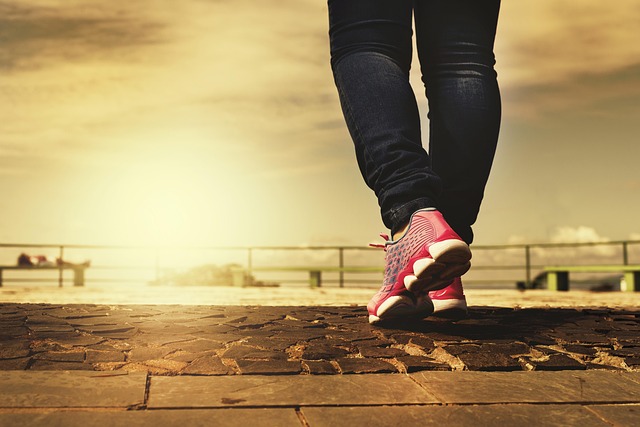Most people would never suspect that something as harmless as relaxing after dinner or sipping a drink before bed could be affecting their long-term health.
These routines seem ordinary — even comforting — but experts warn that they may be quietly raising the risk of stroke without us realizing it. It feels dramatic, maybe even impossible, until you consider how many strokes occur late at night or in the early morning hours. Could these seemingly innocent habits be undermining your health behind the scenes? It’s more likely than you think.

Strokes happen abruptly, often with no foreshadowing at all. One moment you feel fine, and the next you may wake up unable to speak clearly or move normally. It’s frightening — yet researchers estimate that up to 80% of strokes are preventable. The most surprising part? Prevention doesn’t require expensive treatments or complicated routines. Instead, small, consistent changes to your daily habits can dramatically lower your risk.
Let’s explore why your post-meal choices and nighttime behaviors matter more than you might imagine.
Why After-Dinner and Bedtime Habits Count
Right after you eat, your body enters a delicate balancing act: managing rising blood sugar, insulin, and digestion. What you do during this period either helps your system stabilize or makes its job harder. As evening approaches, another shift begins — your body prepares for rest by lowering blood pressure, slowing metabolism, and starting repair processes.

Late-night meals, alcohol, or inconsistent sleep patterns can disrupt this natural rhythm, creating stress on your cardiovascular system. Over time, these disruptions increase the likelihood of hypertension, heart issues, and stroke. Fortunately, simple changes can greatly reduce these risks.
1. Don’t Lie Down Immediately After Eating

Stretching out after a big meal can feel relaxing, but lying flat makes it easier for stomach acid to move upward, leading to reflux. When this happens regularly, the esophagus becomes irritated, and nighttime symptoms worsen — including sleep disturbances. Staying upright for 2–3 hours after eating allows digestion to progress normally and reduces strain on your system.
2. Take a Light Walk Instead

A gentle walk after meals works wonders. According to research highlighted by the National Library of Medicine, even ten minutes of movement can help muscles absorb glucose more efficiently. This prevents sharp blood sugar spikes, reduces stress on blood vessels, and supports healthy weight and blood pressure — all major contributors to stroke prevention. If you can’t go outside, moving around your home still makes a difference.
3. Avoid Alcohol Directly After Eating
A drink with dinner might feel soothing, but alcohol has a rebound effect on blood pressure. It temporarily dilates blood vessels, then causes pressure to rise later — often during sleep. Alcohol also disrupts heart rhythms and interferes with restful sleep. Over time, these effects significantly increase stroke risk, making the “relaxation” hardly worth the cost.

4. Don’t Eat Dinner Too Close to Bedtime
Your body wants to wind down in the evening, not work overtime digesting a heavy meal. Eating late forces insulin levels to spike at the wrong time, leading to poor sleep, higher nighttime blood pressure, and increased reflux. Try to finish dinner at least 2–3 hours before you go to bed. If you must eat late, choose something small and simple.

5. Maintain a Consistent Sleep Routine
Sleep timing matters just as much as sleep duration. Studies show that going to bed and waking up at irregular hours can elevate your risk of heart disease — even if you’re getting enough sleep overall. Aim for 7–9 hours, and keep your bedtime as consistent as possible. Small rituals like dim lighting, gentle stretching, or a warm shower can signal your body that it’s time to rest.
6. Skip the Nightcap
Although alcohol seems to help people fall asleep faster, it fragments sleep as the body metabolizes it, particularly during the early morning hours when restorative rest is crucial. This sleep disruption raises nighttime blood pressure and weakens your body’s natural recovery cycle. If you do drink, try to finish several hours before bedtime.

7. Cut Off Caffeine Late in the Day
Caffeine lingers in the body far longer than many people realize. Research shows that consuming caffeine even six hours before bed can interfere with sleep quality. Poor sleep is linked directly to higher stroke risk. To protect your nightly rest, avoid caffeine in the late afternoon and evening.

✔ Final Thoughts
Lowering your stroke risk doesn’t always involve dramatic lifestyle changes — in fact, it’s often the small, repeatable habits that matter most. What you do after meals and before bedtime plays a major role in managing blood pressure, blood sugar, and cardiovascular health.
